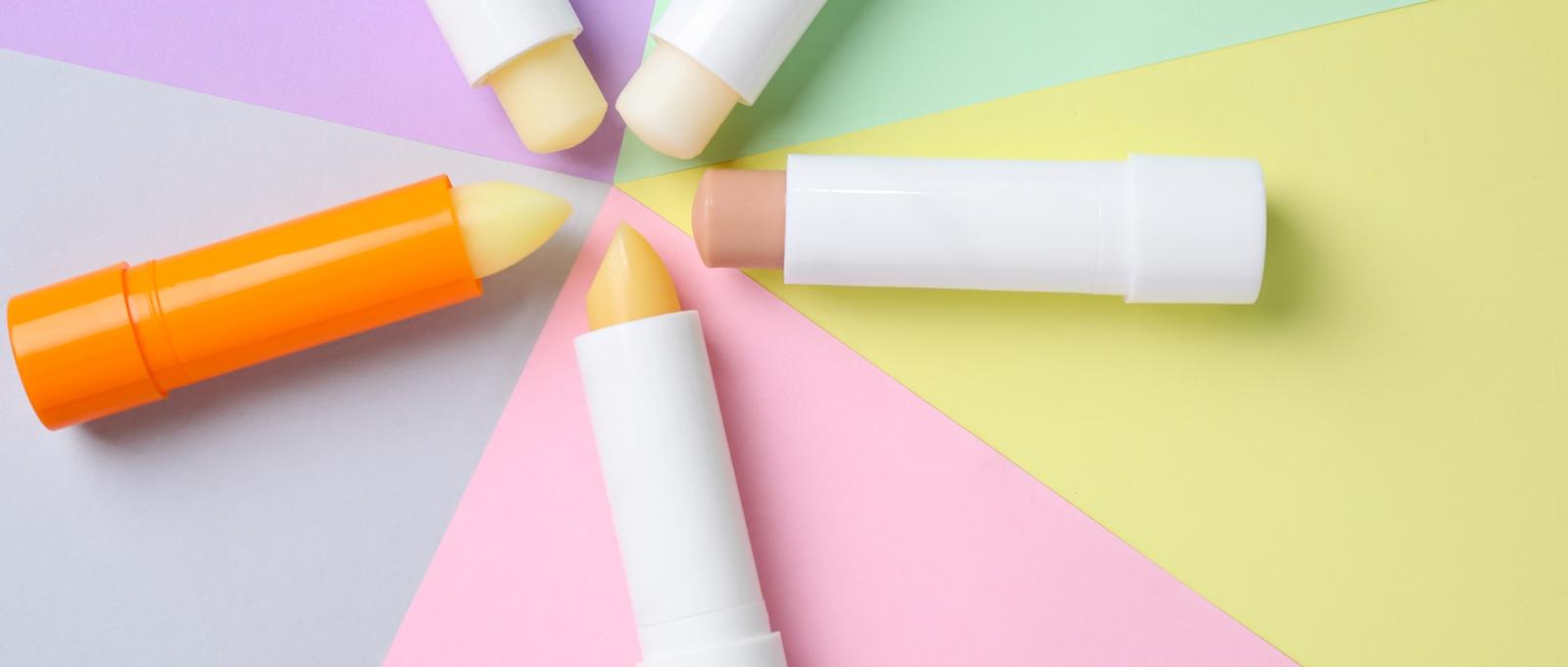
How long will a mouth ulcer take to heal?
Peer reviewed by Dr Sarah Jarvis MBE, FRCGPLast updated by Gillian HarveyLast updated 19 Nov 2018
Meets Patient’s editorial guidelines
- DownloadDownload
- Share
- Language
- Discussion
There's nothing more annoying than biting into a well-earned snack but having your enjoyment marred by the sting of a mouth ulcer. These tiny sores can be irritating and painful, and seem to take an age to clear up. But what causes mouth ulcers, how can we prevent them, and when should we worry?
In this article:
If you're suffering from a mouth ulcer, the most likely cause is an injury to the inside of your mouth - for example, "biting the inside of your cheek, rough fillings, a sharp tooth or a cut from eating hard food or drinking a hot drink," explains Romama Kuchai, consultant ENT surgeon for Bupa UK.
Continue reading below
Common causes of mouth ulcers
If you're one of the unlucky individuals who suffers from these uncomfortable sores on a regular basis, there may also be an underlying factor.
"It is not always clear what causes regular mouth ulcers, but stress, anxiety and eating certain foods - such as chocolate, spicy foods and peanuts - can trigger them to return," explains Kuchai. "Hormonal changes and stress can also be triggers. Your genes may also play a part, as frequent mouth ulcers can run in families."
If your mouth ulcer is hanging around, or you are suffering from frequent bouts of mouth sores, it may be that there are other factors at play.
"Some oral ulcers are the result of an underlying systemic condition such as viral infection (cold sore virus, hand, foot and mouth disease, for example), or coeliac disease. Additionally they may be a side-effect of certain medications like ibuprofen or beta-blockers," explains Mr Vikas Malik, Consultant ENT surgeon at Pall Mall Medical.
Finally, mouth ulcers may be "more prominent and severe" if you are immunocompromised - for example, "those who are HIV-positive, malnourished or undergoing chemotherapy," explains Malik.
How long do they last?
The good news is that most mouth ulcers clear up by themselves and won't last longer than a week or so. To relieve pain and inflammation during this period, it's worth asking your pharmacist to recommend a topical gel or ointment to speed the healing process along.
However, if your mouth ulcer is hanging around for over three weeks, or you are experiencing them on a regular basis, it may indicate an infection or other underlying problem and it's worth seeking medical advice.
"If your mouth ulcer lasts for longer than three weeks and if it is painful or bleeding, you should seek advice," explains Kuchai. "In a few cases, a long-lasting mouth ulcer can be a sign of mouth cancer, so it's important to get this checked out."
Continue reading below
Doctor or dentist?
When it comes to seeking advice, should the dentist or the doctor be our first port of call?
"We would always recommend going to the dentist in the first instance," advises Dr Nigel Carter, chief executive of the Oral Health Foundation.
"However, if you are unable to visit the dentist then your GP will be able to help. If there is an issue or they need to refer you on, they will both refer you to the same place - oral surgery or oral pathology."
It's worth bearing in mind that if you have other symptoms, a doctor is often the more appropriate healthcare professional to seek out. For instance, lack or iron, vitamin B12 or folic acid are associated with mouth ulcers, albeit relatively uncommonly. In these cases, you may have other symptoms of anaemia, such as tiredness, feeling faint or getting breathless easily. Mouth ulcers can also be a symptom of coeliac disease, which can lead to tummy pain, wind, bloating and diarrhoea as well as tiredness.
Could it be cancer?
Whilst a persistent mouth ulcer could be a sign of cancer, it's important to remember that this condition is relatively rare.
"Mouth cancer is relatively uncommon," explains Kuchai. "Only two in every 100 cancers diagnosed in the UK are mouth cancer."
"However, if you've had a mouth ulcer for longer than three weeks, you should check whether it's firm, it's bleeding, or it has a rolled edge. If you have any of these symptoms, it's important to get this looked at. Your doctor may recommend a mouth or throat examination to check for cancer."
"It's also important to look out for any unusual red or white patches in the mouth, particularly if they're changing shapes," advises Carter. "Also if you develop any lumps in the mouth area or any persistent soreness it’s important to seek medical advice. In all probability, it won't be anything serious, but better safe than sorry."
Continue reading below
Risk reduction
Although we might not be able to prevent the small injuries such as a misaimed toothbrush or an accidental bite, we can reduce the risk of or duration of mouth ulcers to some extent by keeping on top of our oral hygiene.
"Stay on top of your oral hygiene by cleaning your teeth at least twice a day and by using an antibacterial mouthwash," recommends Malik. "Make sure to attend regular dental check-ups and if you do notice a sharp tooth, consult your dentist who will be able to manage this."
When it comes to mouth cancer, there are a few additional measures that could reduce our risk.
"There are some simple lifestyle changes you can adopt to reduce your risk of mouth cancer," explains Kuchai. "These include looking out for any changes in your mouth and getting them checked out, visiting your dentist for regular check-ups and drinking alcohol only in moderation. Not smoking, and protecting your skin from sunlight, may also help."
Finally, keeping yourself healthy can ward off the viruses that may cause ulcers, and may help to reduce your risk of cancer too.
"Maintaining a nutritious and balanced diet will boost your immune system and in turn ward off any viral infections that cause uncomfortable mouth sores," says Malik.
So whilst that mouth ulcer may take the edge off your enjoyment, chances are it won't hang around for long.
Patient picks for Other oral problems

Oral and dental care
How to take care of chapped lips this winter
The winter months can wreak havoc on our lips, leaving them dry, flaky and sore. So why does this time of year cause chapped lips - and is there anything we can do to prevent them?
by Victoria Raw

Oral and dental care
What causes a lump on the tongue?
A poster to our forums noticed a swelling under their tongue. The swelling developed a few days ago and was soft but firm. They thought it might be a swollen sublingual salivary gland. They thought cancer was unlikely, as they were only 18.
by Dr Laurence Knott
Continue reading below
Article history
The information on this page is peer reviewed by qualified clinicians.
19 Nov 2018 | Latest version
19 Nov 2018 | Originally published

Ask, share, connect.
Browse discussions, ask questions, and share experiences across hundreds of health topics.

Feeling unwell?
Assess your symptoms online for free
Sign up to the Patient newsletter
Your weekly dose of clear, trustworthy health advice - written to help you feel informed, confident and in control.
By subscribing you accept our Privacy Policy. You can unsubscribe at any time. We never sell your data.